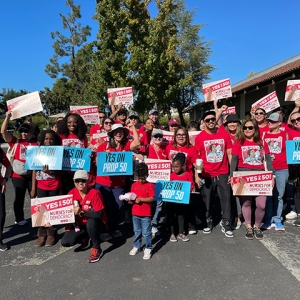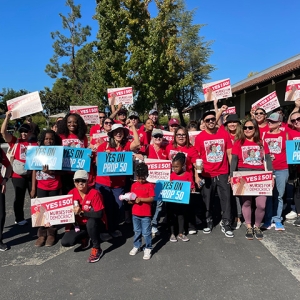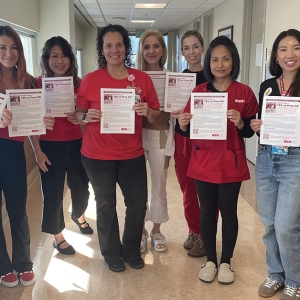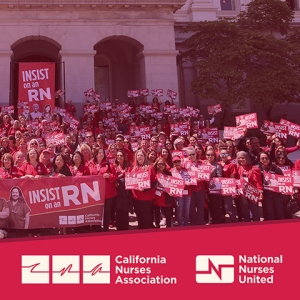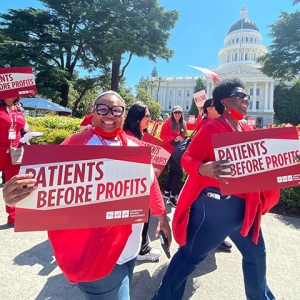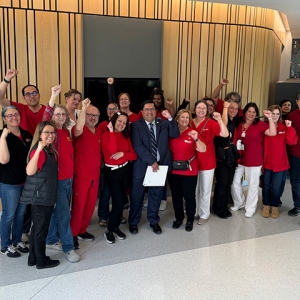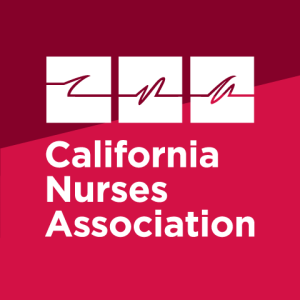Supported California legislation
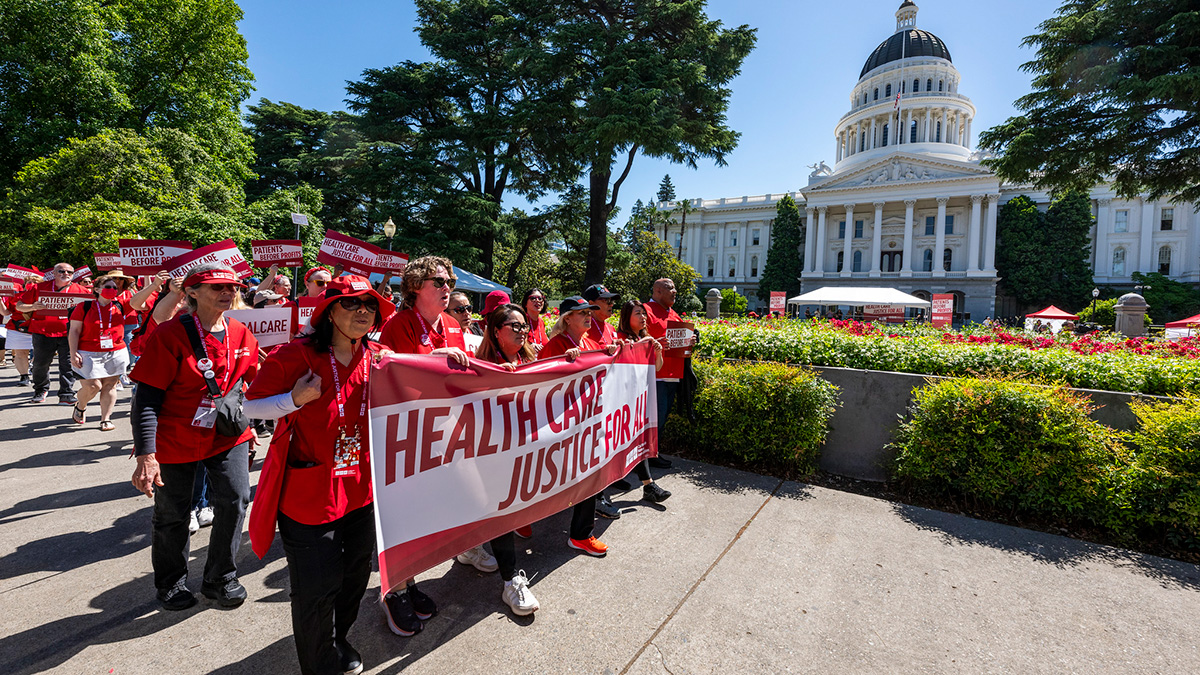
California Nurses Association is committed to building a broad movement for transformative social change and confronting the powerful interests that dominate our economic and political system. We are proud to support legislation that reflects nurses’ values of caring, compassion, and community. Learn more about all our current supported California legislation.
S.B. 81 Protecting the Rights of Immigrant Patients In Hospitals and Health Care Facilities
S.B. 81 would extend existing policies at public health care facilities that protect patients from immigration enforcement actions while they seek care to all hospitals, clinics, and other health facilities in the state. It seeks to ensure health care facilities are a safe and secure environment that all Californians feel safe accessing. The health of all Californians is threatened when millions of Californians are in fear of accessing life-saving health care simply because of where they were born.
S.B. 632 Reducing Workers’ Compensation Burdens For Frontline Health Care Workers
This bill reduces the administrative burden for registered nurses and other hospital workers to file a workers’ compensation claim by presuming certain injuries and illnesses are work-related. Removing barriers to filing a claim will help prevent unnecessary delays and denials of workers’ compensation claims and ensure health care workers receive timely treatment for work-related injuries and illnesses, enabling their quick recovery and return to work.
A.B. 682 Transparency in Health Insurance Denials
This bill will amend the Health and Safety Code to require California’s Department of Managed Health Care (DMHC) to collect and publicly report monthly claims denial information on each health care service plan regulated by the Department. Specifically, the bill requires regulated health plans to include information about the number and costs of denied claims in Annual Financial Statements to DMHC.
The bill would also amend the Insurance Code to similarly require collection and reporting of claims denial information by the California Department of Insurance (CDI) for other health insurers.
The bill also requires health plans to report and both DMHC and CDI to publicly disclose the number of claims denied each month disaggregated by reason for the denial, including information on denials based on lack of prior authorization, out-of-network provider, medical necessity, experimental or investigational treatment, excluded service, insufficient information, ineligibility, untimely filing, or other reasons. The bill also requires health plan reporting and public disclosure of the number of prior authorization requests denied, in-network claims denied, and claims denied using predictive algorithms.
A.B. 692 Ending Exploitative Worker Debt Contracts
A growing number of employers are using debt as an exploitative tool to trap workers in jobs, often with low wages and substandard working conditions. Sometimes called “stay-or-pay” contracts, employers coerce workers into predatory arrangements that require the worker to pay an alleged debt or other financial penalty to their employer if the worker leaves their job before a prescribed period of time, whether the worker is fired, laid off, or quits.
Legislation is needed to clarify that predatory stay-or-pay contracts that lock workers into jobs are prohibited under California law. This bill would amend the Business and Professions Code to expressly make work-related debt arrangements that include minimum work requirements void and unlawful. This prohibition on stay-or-pay contracts would be enforceable by the Attorney General and other public prosecutors under state Unfair Competition Law.
To ensure that workers themselves can bring claims to void stay-or-pay contracts with the Labor Commissioner and under PAGA, this bill would also void stay-or-pay contracts as unlawful contracts against public policy under the Labor Code.
A.B. 1386 Protecting Access to Maternity Services
This bill expands the list of basic services a general acute-care hospital must provide to include maternity services. Ensuring all communities have equitable access to safe and effective maternity services before, during and after pregnancy will save lives and improve health outcomes for women, birthing parents, and infants.

